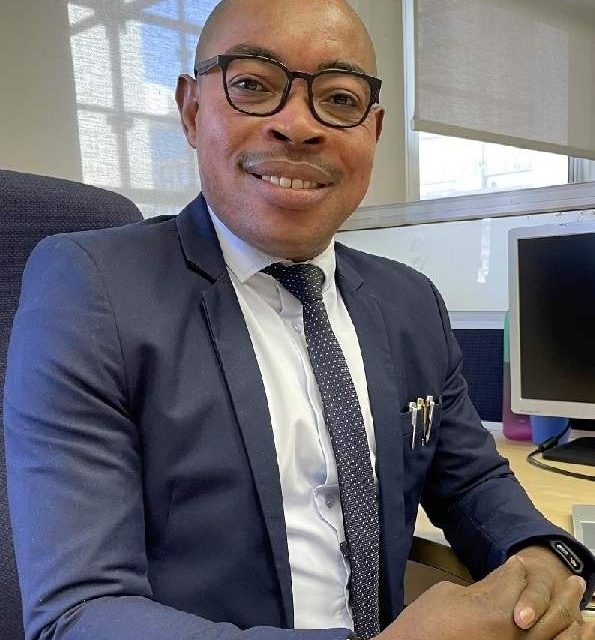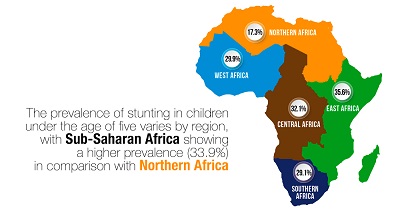
Resuscitating the economy is a long, tough road

By Josef Kefas Sheehama.
In a recent report on the world economy, the IMF trimmed its 2023 global GDP growth forecast to 2.7%, 0.2 percentage points down from July expectations. Its world growth forecast for this year remains unchanged at 3.2%
The world is facing record inflation due to a number of factors, including the Russia Ukraine war, which has reduced food supplies, the effects of the pandemic on supply chains and global warming. According to African Development Bank, the Namibian economy is projected to grow by 2.6% in 2021 and 3.3% in 2022, on the back of a steady recovery in financial services, tourism, retail and wholesale trade, and the mining industries combined with an improvement in the regional and global economic environment.
But the economy still faces substantial risks and challenges in the short to medium term. The public debt stock is expected to increase to N$138.4 billion, equivalent to 69.6% of GDP in FY2022/23.
The South African economy has rebound by 3% in 2021, but the pace of the recovery will slow to 1.6% in 2022 due to ongoing structural constraints such as unreliable electricity supply and job regulations. The inflation rate was 4.2% in 2021 and is expected to stay within the reserve banks’ target range of 3% to 6% for 2022. Public debt could reach more than 90% of GDP in the medium term, with projections that it will stabilize at 95% in 2026.
It is crucial that Namibia’s next president understand economics to steer economic recovery. To resuscitate the Namibian economy would require massive investment in infrastructure, skills & training; enacting and enforcing enabling-business incentives to stimulate production of goods and services for local consumption and exports and having a clear fiscal and monetary policy.
If we are fortunate to get a good leadership that links with the people and tries to talk with the people, not talking on top of the people, then we would be okay. I have started visualizing a good Namibian leader. That is, a person who travels across the country and has a friend virtually everywhere he travels to, and he knows at least one person that he can communicate with.
Namibians are very resilient, they are very resourceful so leaders should see how to use this to achieve a common objective. A leader who is very versed in economics and is also a good politician, should be able to talk to Namibians on all levels. This leader should understand Namibia and Namibians. Anyone who wants to be a leader must use his intellect to understand the people.
For Namibia to survive economically, we need to remove the petrol subsidy, downsize government’s payroll and reform tax. The next President must be prepared to tackle these issues head on.
The decisions that need to be taken to reset the country are painful ones, and whoever wins the election will not have a honeymoon before he faces the response from the electorate. I expect the next president to hit the ground running and announce his/her cabinet and plans for revamping our economy and restructuring our politics. In choosing a cabinet, the president needs to focus more on merit and competence, rather than political rewards, even though heightened ethnic and regional tensions need to be eased. Restructuring the country, both politically and economically, is the only way forward. Namibia’s next President, who will take office in March, will have few options but to step up stimulus to revive an economy ravaged by Covid, the Russia/Ukraine war and global warming. Namibia’s national security should be elevated to the highest-ever level amid rising geopolitical risks. Striking a balance between development and security could be one of the most important questions for the next president.
Namibia is part of a global economy and is vulnerable to international fluctuations, but this does not mean the country does not have some agency to improve its domestic situation. Over the past few months, the President HE Dr Hage Geingob has appointed a Business Rescue Task Force of 11 experts who will look into the ailing Namibian economy. In 2018 the President appointed a team known as the Presidential High Level Panel on the Namibian Economy (HLPNE) which was chaired by Mr Johannes !Gawaxab. The HLPNE handed over its final report and recommendations to the President in February 2020. The need for such a Task Force has been recognized with urgency following the outbreak of Covid-19, and has been framed as a crucial intervention in the Economic Advancement Pillar of the Harambee Prosperity Plan II.
Therefore, the key to revive the economy is extraordinary support to businesses, maintaining the consumption in the economy by huge fiscal stimuli, and providing sufficient liquidity to the financial system for onward transfer to businesses. What is needed is game changers that will unlock the economy from the low-growth and high-inequality trap. Furthermore, we urgently need a significant trimming of the public service, the clearing away of regulatory hurdles and red tape, reduced company taxes and further incentives for business to promote investment and privatization of some state-owned enterprises (SOEs).
The long-term consequences in terms of equity, living standards, wellbeing and economic success are likely to be serious. Failure to deal with this incoherence has actively undermined any ambitions on levelling up. Yet this failure, and the lack of urgency in trying to address it, has received absurdly little attention. There is a need to legislate and empower the ministries and relevant departments to take all routine decisions as is the standard international practice. In the absence of necessary legislation, the audit department as well as courts can raise serious objections to any decision taken without approval of the cabinet and its committees. Against this background jumpstarting the economy will have to be done from the top downwards. It will need to be a continuous process, month after month, year after year. We will have to focus on the areas of unemployment, education, and inequality which will ultimately lead to a decrease in poverty.
The right decisions will have to be made and strict implementation is vital. We need to invest in our economy not in bailing out drowning SOEs as has become the norm. We need to increase business confidence not simply increase tax rates to fill the coffers. Short- and medium-term reforms and policies need to be put in place. This will help ensure that the climate in which our entities operate is favorable and growth-enhancing.
In conclusion, we want to hear the presidential hopefuls tell us how they plan to manage the debt we have accumulated and grow our GDP. So, do the candidates have strategies for fiscal consolidation? Will they be honest about their taxation plans? The next administration may have no choice, despite the election promises, to implement new or higher taxes. Cutting public spending will slow down GDP growth.
Therefore, it will be tough times and it might still get a bit worse before it gets better. However, the playing field is level for all of us. In the end, our economy will be bright green again.











































